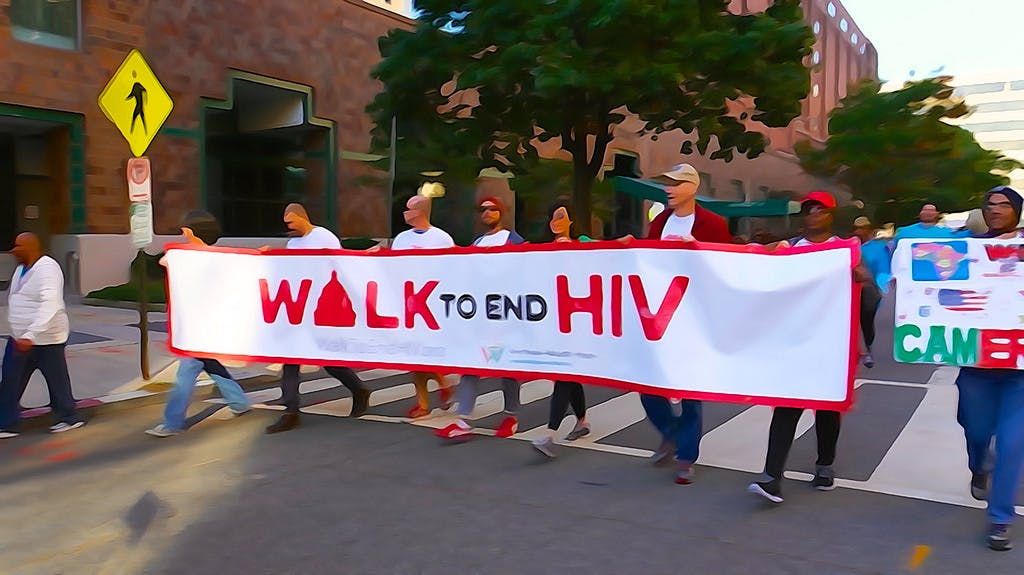The Human Immunodeficiency Virus (HIV) is a type of virus that leads to
Acquired Immunodeficiency Syndrome (AIDS). HIV invades the cells of
human beings, weakening the immune system and making the victim highly
susceptible to opportunistic infections. According to
statistics from the
Centers for Disease Control and Prevention (CDC), more than 50,000
people contract HIV each year, while there are about 35 million people
living with HIV worldwide as of 2013.
Cannabis as Treatment
The use of medical marijuana or cannabis by those with HIV/AIDS dates as
far back as the early 1970s, especially in the San Francisco area where
HIV/AIDS was prevalent. It was put into candy, brownies and cookies to
help stimulate the appetite of HIV patients. Cannabis was successfully
used to manage the wasting syndrome associated with HIV/AIDS, which
invariably resulted in severe weight loss prior to the advent of
protease-inhibitor drugs. Protease inhibitors block the activity of the
protease enzyme used by the HIV virus to wreak havoc on the immune
system. AIDS wasting syndrome further weakened already sick victims,
leaving them even more vulnerable to the effects of opportunistic
infections.
Cannabis served as an alternative form of medication for this condition,
due to its ability to stimulate appetite and to help in the management
of other AIDS/HIV symptoms. Clinical
tests on the safety of
cannabis on HIV/AIDS patients include the one conducted in 1999 at the
University of San Francisco which demonstrated that cannabis did not
interfere with the effectiveness of protease inhibitors when inhaled,
and actually helped them gain weight.
Hopeful Developments
In 1992, the Food and Drug Administration
approved
the use of Dronabinol, a drug that is chiefly composed of synthetic THC,
one of the active compounds found in medical marijuana. A clinical
trial in 1991 prior to the
approval of the drug showed that more than 70% of those administered
with the drug gained weight. The only problem was that the oral method
of administration was not as effective as the inhalation method, which
allowed for faster absorption.
A clinical study
was conducted between 2003 and 2005 by the University of California San
Diego in the United States to determine the effect of smoked cannabis on
HIV-associated pain (HIV-SN). It showed that cannabis effectively
relieved HIV-related chronic neuropathic pain. According to an
interview
with the chief of oncology at San Francisco General Hospital, Dr. Donald
Abrams, inhaled cannabis can help manage the painful neuropathy
associated with HIV/AIDS.
Cannabis has been shown as an effective palliative treatment for the
symptoms of HIV/AIDS in many clinical trials. It now remains to be seen
whether those clinical results will lead to a change in the law that
currently lists marijuana as a controlled substance.






